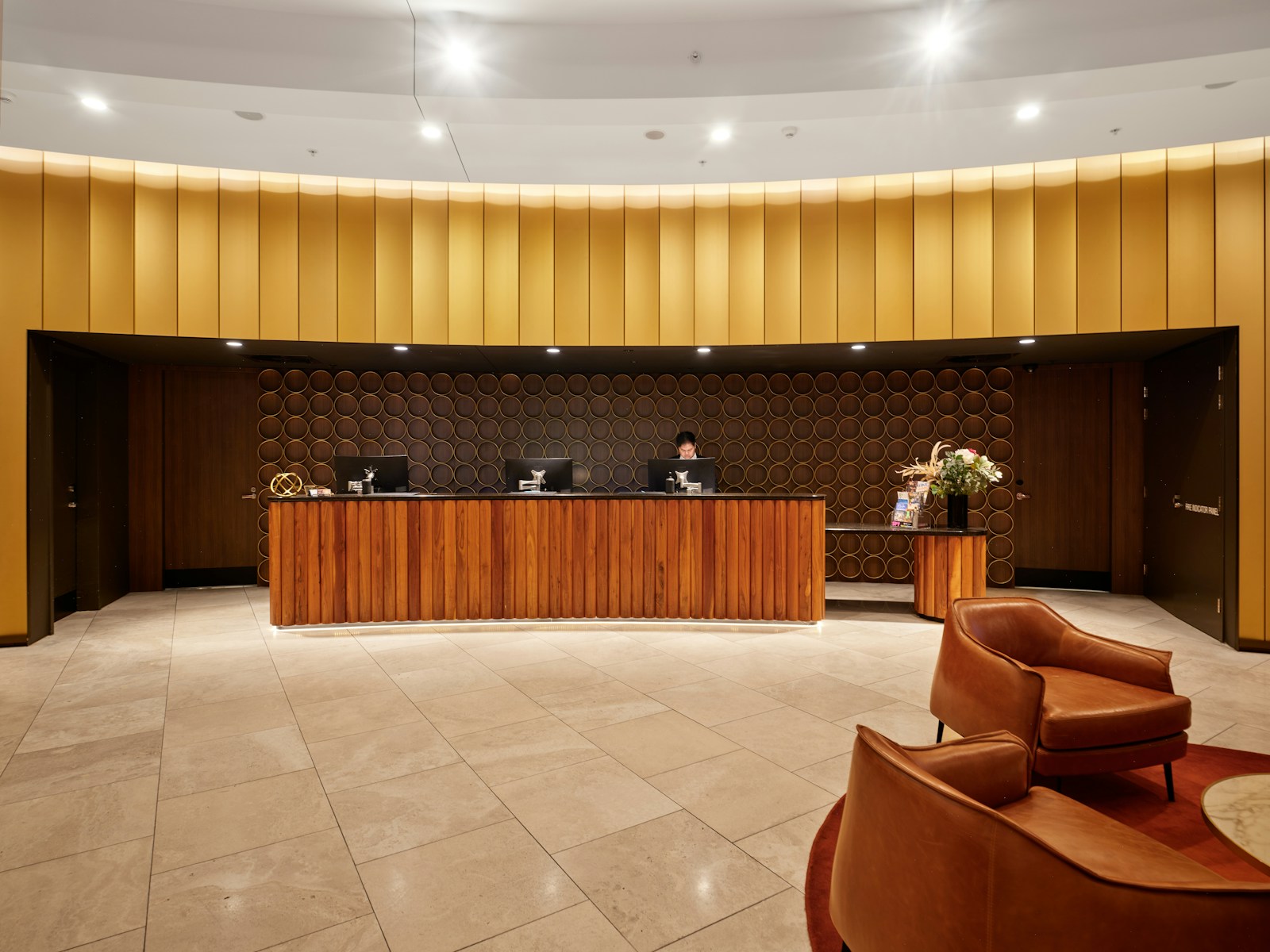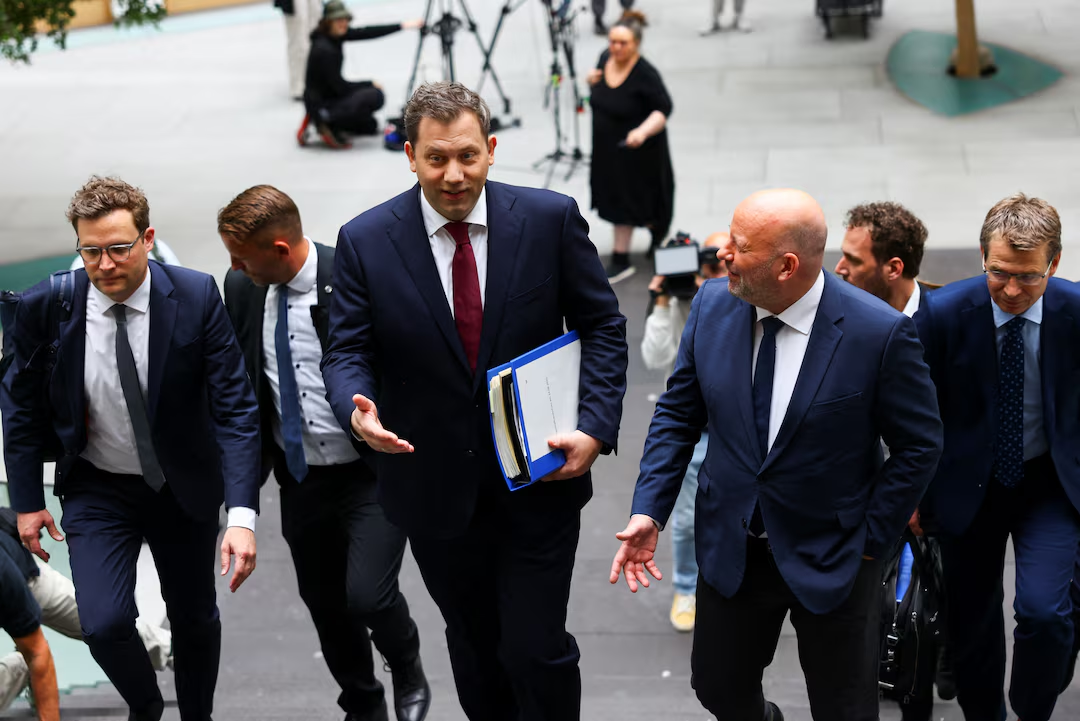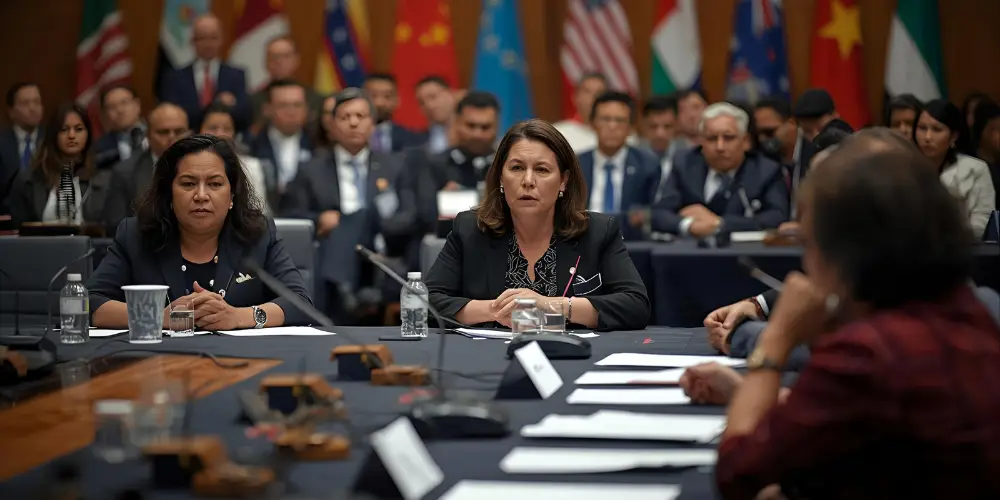Malema trial: Shocking Verdict Facts You Must Know
The Malema trial has become one of South Africa’s most closely watched legal sagas in recent years. Stretching over several years and filled with heated courtroom debates, political undertones, and moments of high drama, this long-running case has attracted global attention. As the court nears its final ruling, the stakes could not be higher for Julius Malema, his party, and the South African public. In this article, we uncover five shocking facts about the verdict process and why it matters far beyond the courtroom.
Malema trial and the Political Storm
The Malema trial is not just about legal arguments, it is about the clash between political power and the rule of law. For years, Julius Malema has positioned himself as a fearless critic of the establishment, often rallying massive crowds and voicing the frustrations of millions. But this case has placed him under a microscope, with every word in court analyzed and every move debated by both supporters and critics. The political storm around the trial has made it not just a legal matter, but a test of South Africa’s democratic institutions. Many observers believe the outcome could redefine the balance between activism and accountability in the nation’s political landscape.
Malema trial and Public Suspense
Across the country, citizens have been glued to their screens, waiting for each update in the Malema trial. Newspapers, television, and online platforms constantly report new twists, creating an atmosphere of suspense that feels almost cinematic. For Malema’s supporters, the trial represents an attack on their leader, while opponents see it as a long-overdue moment of justice. This divide has fueled intense debates on social media, with hashtags trending each time the court convenes. The suspense is not only about whether Malema will be convicted or acquitted, it is about the future image of justice in South Africa. As the verdict approaches, the anticipation has reached fever pitch.
Malema trial and Legal Complexity
What makes the Malema trial so fascinating is the sheer legal complexity involved. Over the years, the case has been delayed multiple times, with motions, counter-motions, and appeals stretching the process far beyond what most citizens expected. Legal experts point out that cases of this length and depth often reveal deeper flaws in the judicial system such as case backlogs, procedural delays, and political interference. At the same time, the case has showcased the resilience of South Africa’s courts, proving that even politically sensitive trials can be pursued to the end. For law students and legal analysts, the Malema trial has become a case study in both the strengths and weaknesses of the nation’s justice system.
Malema trial and the Media Spotlight
The Malema trial has dominated the media spotlight for years, turning every court appearance into a headline event. Journalists camp outside the courthouse, political analysts dissect every word, and international outlets cover the story as a reflection of South Africa’s broader challenges. The trial has highlighted how the media can both inform and polarize public opinion. Some argue that constant coverage has amplified the drama, while others believe it has kept the justice system accountable by ensuring transparency. Either way, the Malema trial proves how the intersection of law and media can shape national discourse.
Malema trial and Economic Ripples
Beyond politics, the Malema trial has carried subtle economic ripples. Investor confidence is often linked to political stability, and high-profile trials can raise questions about governance and leadership. While South Africa’s economy is influenced by many factors, the uncertainty surrounding the case has occasionally been cited by commentators as a contributor to cautious investment decisions. Business leaders watch the developments carefully, aware that a high-profile verdict can affect not just public sentiment but also long-term confidence in the rule of law. For those studying the connection between justice and economics, the Malema trial offers a unique case study.
International Attention
The Malema trial has also caught the eye of the international community. Global human rights organizations, foreign media, and political observers have all weighed in, framing the trial as a litmus test for South Africa’s legal independence. Reports in BBC News and other global outlets frequently reference the proceedings, comparing them to similar political trials worldwide. This international attention places additional pressure on South African institutions to handle the case with fairness and transparency. At the same time, it underscores the reality that Malema’s political influence extends far beyond his country’s borders, making the outcome of the trial a matter of global interest.
Malema trial and Social Movements
The Malema trial has energized social movements across South Africa. Supporters often gather outside the courthouse, chanting slogans and waving banners, turning legal proceedings into a stage for activism. Civil society groups use the trial as a rallying point to discuss inequality, justice, and accountability. The symbolic power of the Malema trial extends beyond the legal process, it has become a mirror reflecting the frustrations and hopes of a new generation of activists determined to shape the future of the nation.
Youth Engagement
One of the most striking aspects of the Malema trial is how it has mobilized young South Africans. Many see Julius Malema not only as a politician but as a voice for youth empowerment and radical change. University debates, online forums, and community gatherings often revolve around the implications of the case. For many young people, the Malema trial is more than a legal drama; it represents a choice between tradition and transformation. This generational engagement has the potential to influence elections and reshape South Africa’s political future.
Historical Context
To fully grasp the significance of the Malema trial, one must consider South Africa’s history of political struggles and contested leadership. The echoes of apartheid, the transition to democracy, and the challenges of corruption and inequality all form the backdrop to this moment. Readers interested in exploring these themes further can visit our in-depth article on South Africa’s political history for deeper context. By situating the Malema trial within this broader historical narrative, it becomes clear that this case is not just about one individual, but about the nation’s ongoing journey toward justice and accountability.
Justice System Challenges
The Malema trial has highlighted the challenges and resilience of South Africa’s justice system. Delays, appeals, and procedural battles exposed cracks in efficiency, yet the system has continued to push forward despite immense political pressure. For legal scholars, the trial has become an example of how courts can remain a cornerstone of democracy even when confronted with cases involving highly influential figures. The outcome will likely shape future debates about judicial independence and reform in South Africa.
Public Trust
Public trust in institutions is often tested during high-profile trials, and the Malema trial is no exception. For some citizens, the proceedings restore confidence that no one is above the law. For others, delays and political drama raise doubts about fairness and accountability. The verdict will not only determine Malema’s personal fate but also influence how South Africans perceive the justice system itself. In many ways, the trial has become a referendum on trust between the people and their institutions.
The Verdict’s Legacy
As the Malema trial nears its conclusion, attention shifts to the legacy it will leave behind. Regardless of the outcome, the trial will be remembered as a defining moment in South Africa’s democratic journey. It has forced conversations about accountability, leadership, and justice that will echo long after the verdict is read. For future generations, the Malema trial may serve as both a warning and a lesson demonstrating the importance of integrity in public life and the enduring power of the rule of law.
Conclusion
The Malema trial is more than a courtroom battle, it is a story of politics, justice, and national identity. Over the years, it has revealed the complexities of South Africa’s democracy, the passion of its people, and the resilience of its institutions. As the final verdict approaches, the world watches closely, knowing that this case represents more than one man’s fate. It represents the ongoing struggle to uphold justice, strengthen democracy, and shape the legacy of a nation still in transition.




